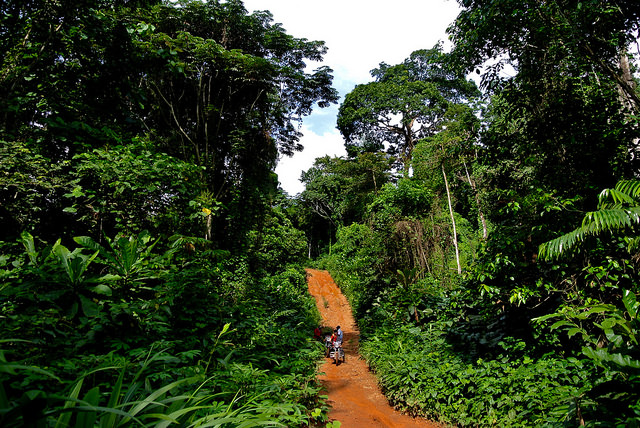
By Lawal Sani Kona
The United States government seems to be accommodating fracking, The Canadian Keystone pipeline project which will keep the one-time largest consumer of fossil fuel the United States awash with oil has been ensured by a strong one-percenter lobby.
More so that oil discoveries are being made all over the globe Chad, Angola Uganda, Kenya,Ghana, Brazil, Niger and the list is increasing by the year. Coupled to that is the continuous outcome of IT-aided research in the field of renewable energy, companies like Tesla are pioneering groundbreaking inventions in non-fossil fuel transport units. More promising results are emanating from biofuels made from algae.
So what happens when Africa’s slumbering giant is overcome by a hangover of perpetual bacchanalian revelry in the spoils of Bonny Sweet? The giant is so in love with the sweet ol’gal of Bonny to see the hand writing on the wall. It is the reality; one needs no augury to see that our sweet bonny is in the final throes of loosing her shine.
The Nigerian political class, lost in that sizzling romance, failed to maintain a committed management of our natural resources and the mobilisation of the people against the unsustainable use of these resources. Like fools we became comforted by the assurance of the invincibility of oil. Conservation must be a foremost pre-occupation if our intention of survival is to be hinged on agriculture and tourism.
With an annual loss of forest cover estimated at about 3.5%, which translates into a loss of 350,000–400,000 ha of forestland each year, Nigeria is on the fast track to becoming one of the most bereft nations in term of healthy forest cover. With about seven National parks, funded and protected by the federal government, what remains of most of her many forest reserves is all but in name.
Employed by the state governments since the early years of independence, most game guards have retired. Most states in Nigeria don’t have forest guards today, the cadre is simply extinct.
Communities are hardly mobilised to take on the role of protecting the forest reserves while politicians hardly see the health of the gazzetted forests in relation to the rivers, and the rivers to agriculture, and in the larger picture, climate change.
So most gazzetted forest reserves have degenerated from a healthy state of protection to a state of wanton and nihilistic ruin. State forestry officials seem to be impervious to the illegal logging going on around them.
The latest weapon in this fray is the new found used chainsaws from Europe. Cheap and available, this weapon of mass floral destruction is necessitating a new survey to determine if the rate of deforestation still stands at 3.5 % per annum. This is because this beast is busy in most of Nigeria decimating forests sometimes with seeming collusion of state officials.
With the bleak state of global climate outlook there comes the need to rejuvenate our forest reserves, because the reason for their protection in the first place is that they hold precious ecological treasures. To achieve that, the forest guard cadre have to be born again. The revival of our forests also provides our contribution to the global climate change mitigation.
